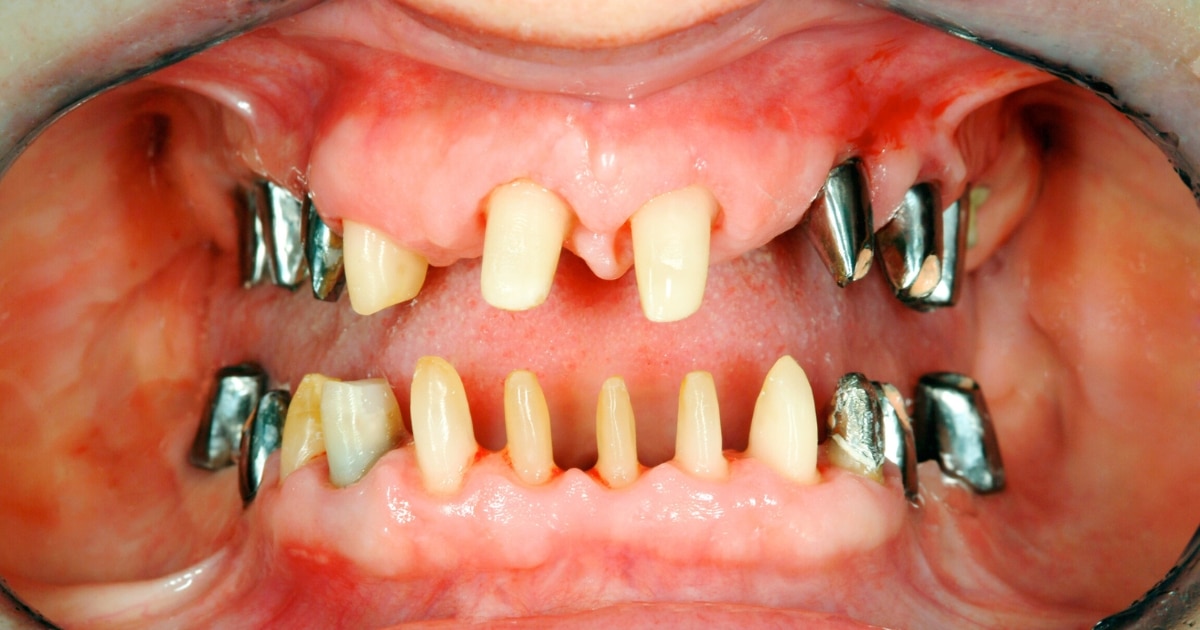Published on March 11, 2025

A full mouth reconstruction is a form of transformative dental procedure. It is designed to restore your dental health, functions, and the appearance of your smile. While you can get life-changing results, understanding the recovery process is crucial for your smooth healing. Knowing what to expect and the ways to manage the discomfort can help you avoid complications.
Read this blog to learn how this particular dental procedure can offer you significant benefits if you follow a diligent aftercare routine.
What Exactly Is Full Mouth Reconstruction?
Wondering what processes are involved in this extensive dental surgery? It basically combines multiple procedures to restore or replace multiple teeth. The dentist might recommend it to you if you are suffering from tooth loss, have advanced gum disease, or have severe jaw misalignment.
This process might include dental crowns, bridges, implants, veneers, orthodontic treatments, and so on. The dental professional will personalize your treatment plan to address both your functional and cosmetic concerns.
The Recovery Timeline After Full Mouth Reconstruction
Your recovery time can vary depending on the complexity of your treatment. Here is what you can generally expect at every stage:
First 24-48 Hours
Be careful for the first two days right after the surgery to manage pain and discomfort. Take the painkillers prescribed by your dentist as directed. You can use a cold compress to reduce the swelling and consume soft foods to avoid harming the operated area. To remove bacteria, just rinse your mouth with some salt water instead of brushing.
First Week
As your body starts to heal, you will notice a reduction in your discomfort. Mild swelling may still persist, but you should feel less pain. In case of warning signs like redness or discharge, see a dentist for further guidance and additional procedures if necessary.
During this stage, after full mouth reconstruction in Southside Richmond, you should allow your body to rest and focus on healing.
Making Adjustments
By weeks 2-4, you will start getting used to your dental restorations. You might experience excessive sensitivity to hot and cold food items. Use desensitizing toothpaste to manage the feeling. Practice speaking to improve any changes in your speech. The dentist might schedule a check-up to see your progress and healing.
Long-Term Maintenance
You might need several months to recover after a full mouth reconstruction, especially if you underwent implantation and grafting. To maintain the results of your procedure, you must have good hygiene and a healthy diet. Try to give up on bad habits like grinding, smoking, etc, to avoid damage.
How To Ensure A Smooth Recovery?
For the best possible outcome, you can follow these recovery tips:
- Follow the customized guidance provided by the dentist to avoid complications and promote healing.
- During the initial weeks, try to consume filling but soft smoothies and yogurts to avoid the risk of injuries and infections.
- Avoid having nicotine-based products and use nightguards if you suffer from bruxism.
- You can use medications, cold compress, and home remedies like chamomile tea to ease your discomfort.
This dental reconstruction is a transformative journey that can improve your oral health and enhance your smile aesthetics. By following the [roper recovery guidelines, you can get long-lasting results. If you are considering this procedure, see a dentist for professional advice.
Are you ready to get rid of your oral complications? Schedule a consultation today!
